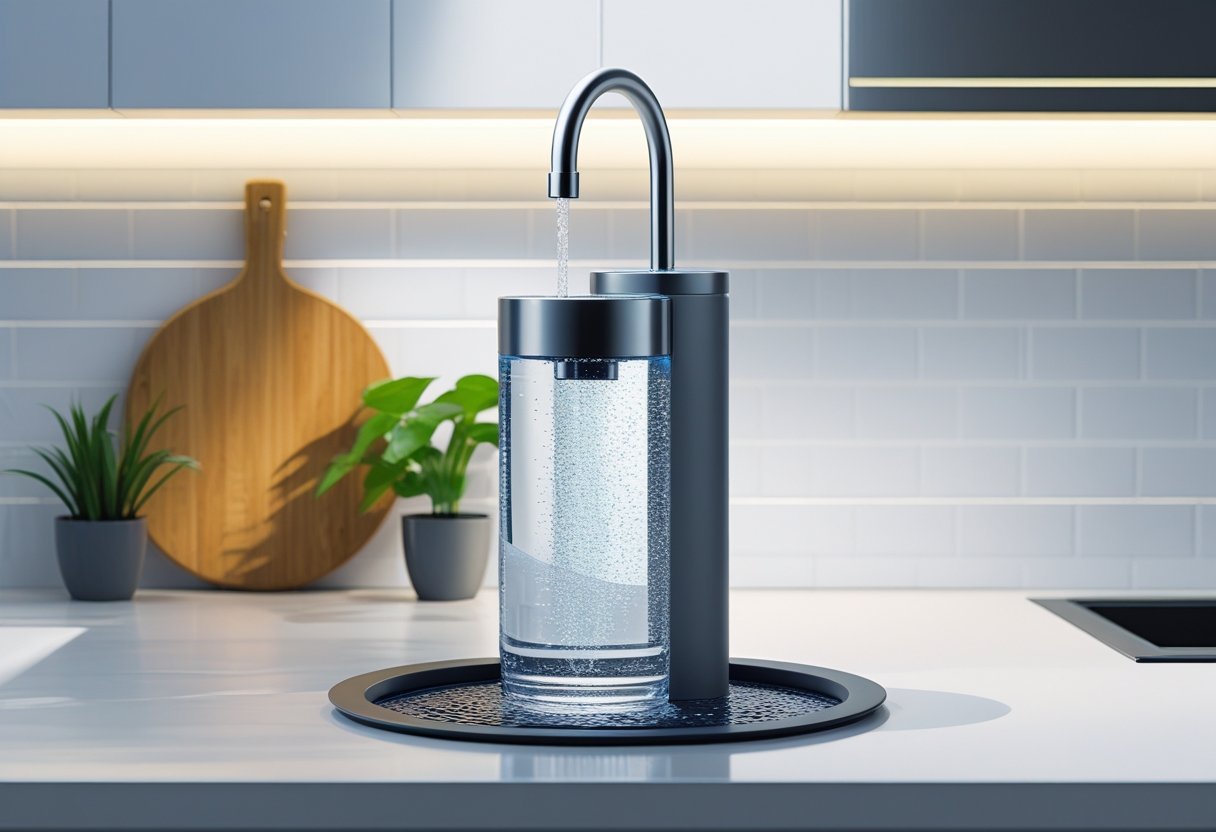Selecting the right purification system can enhance the quality of water in both residential and commercial settings. Whether you are treating tap water or managing well water, choosing the right setup depends on your understanding of how purification technologies work and what you need them to address. Here is how to choose a water purification system:
Know Your Water Source
Different water sources have varying contaminants. Municipal water may have chlorine and sediment, while well water can contain minerals and bacteria. Understanding what you need to filter is key when choosing the right system, and water testing is a first step.
Water testing reveals the specific elements in your supply, such as lead, mercury, or microbial presence. For rural households using untreated well water, testing helps identify which contaminants need to be addressed. Point-of-entry purification systems can provide disinfection without adding chemicals, helping to solve issues that may not occur in urban environments.
Identify the Type of Filtration Needed
Activated carbon filters remove chlorine and organic compounds. Reverse osmosis systems eliminate heavy metals and dissolved solids. Sediment filters capture dirt and rust particles, while UV disinfection targets microbial risks. The right system depends on the results of your water analysis.
A family dealing with a strong chlorine taste may not need a full reverse osmosis system. Instead, a point-of-use activated carbon filter installed under the kitchen sink can enhance the flavor of the water. This targeted approach addresses the specific issue of chlorine removal without adding unnecessary steps.
Assess Water Demand
Point-of-entry systems treat water as it enters a building. This may be ideal for households or commercial areas with high demand. Point-of-use systems are fitted at individual taps, and they are suitable for more limited use, such as drinking or cooking water only. A restaurant with high water usage for food preparation, beverages, and cleaning may benefit from a high-capacity purification system. These units provide purified water quickly and are able to keep up with daily demands. A small home office may only need a countertop filtration unit for light use, showing how water usage directly affects the type and scale of system needed.
Evaluate Installation and Maintenance Requirements
Some systems are ready to use with minimal setup, while others require professional installation involving plumbing modifications or multiple connection points. Understanding installation needs in advance allows users to prepare appropriately. Maintenance requirements also vary by system. Units with cartridges or membranes may need periodic replacement to maintain effectiveness, while systems with pre-filters can require more frequent attention. Choosing a water purification system with easily accessible replacement parts and clear maintenance instructions helps maintain consistent water quality over time.
Check Water Pressure Compatibility
Some water purification systems may be designed to operate within specific pressure ranges. The system can experience difficulties functioning if the water pressure is too low, but excessive pressure may damage filters or components. This leads to early wear or system failure.
Measuring your water pressure helps you choose a system that can perform reliably under your conditions. Systems may include built-in pressure regulators or boosters to handle fluctuations, while others require stable, fixed-range pressure. Verifying compatibility between your system and existing pressure levels can promote steady water flow, maintain filtration efficiency, and extend the life of components.
Purchase a Water Purification System
If you need a system that effectively removes a wide range of contaminants, work with a supplier that specializes in multi-stage purification technology. Whether you’re looking for whole-house treatment or a countertop solution, experienced providers can offer reliable systems that preserve beneficial minerals. Consult a trusted water purification expert today to improve your water quality.
- Zirconia Cap Price: Estimated Cost & Its Long-Term Benefits
- FREHF – The Revolutionary Future Of Human-Centered Technology!
- Adsy.Pw/Hb3 – Boost Your SEO And Drive More Traffic!
- Fitness Based Vacations By Timeshealthmage.com!
- TimesHealthMag Tips For Improving Sleep Quality – Expert Advice For Better Rest!


Leave a Reply